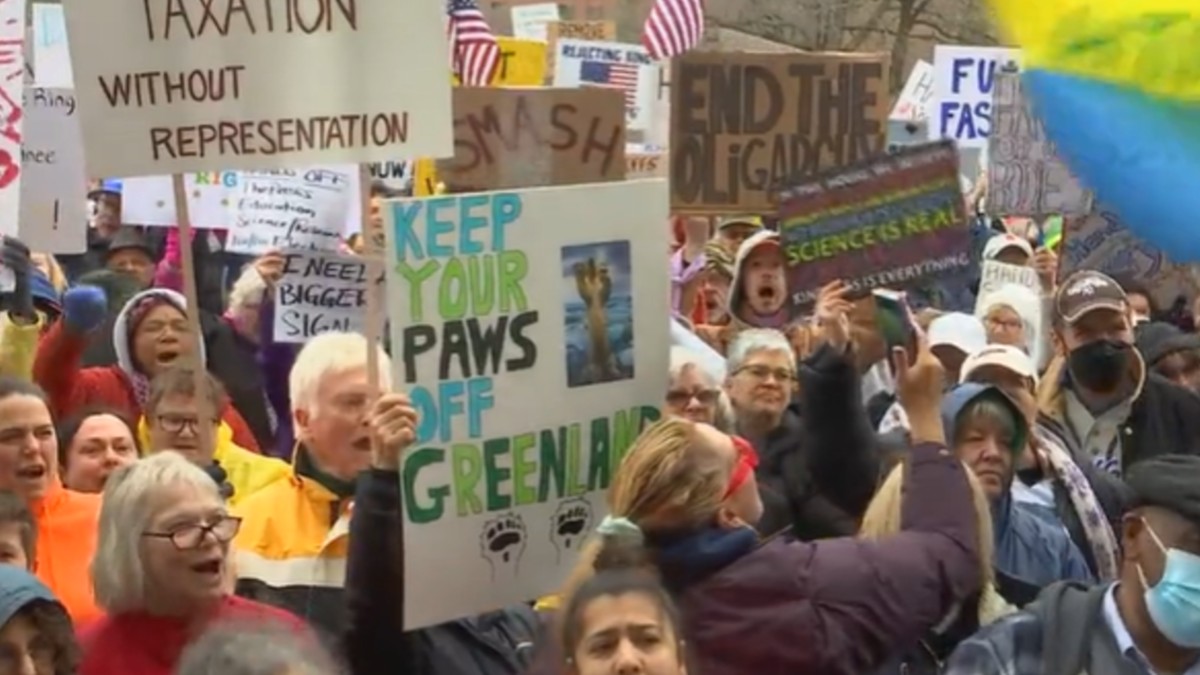Some lawmakers want to increase the penalties for underage teens charge with stealing cars.
Teen car thefts across the country were up in 2020 and Connecticut was no exception. Juvenile arrests rose 23% between 2019 and 2020.
“You have to assume in part that schools have been closed for the last year and they’re just left with nothing to do,” said Mike Lawlor, University of New Haven associate professor of criminal justice. “Apparently walking around looking for unlocked cars and driving off with them if the keys are inside is something to do. It’s not OK, it’s a serious problem.”
Police have reported multiple events, including in January when West Haven police say teens stole one car, and then allegedly drove off and crashed a running police car.
On Wednesday, the House judiciary committee has public hearings scheduled for two state bills that propose changes on how teen car theft arrests are handled.
Get top local stories in Connecticut delivered to you every morning. Sign up for NBC Connecticut's News Headlines newsletter.
“These are teenagers; they know what they’re doing they’re out there every night in communities across the state,” said Jason Perillo, deputy House Republican Leader.
He says the bills are a good first step. Bill 6669 has four ways of handling incidents involving teens arrested for auto thefts. One includes an ankle monitor for a repeat arrest while awaiting trial on the first car theft. But Perillo says he would like to see stronger legislation for repeat offenders.
“We need to make sure that repeat offenders are eventually transferred to the adult docket. They know what they’re doing, and they know they can get away with it,” said Perillo.
Local
Lawlor says harsher punishments don’t necessarily deter offenders looking for a crime of opportunity.
“It has a lot to do with people leaving their cars unlocked, leaving their key fobs in the car and you just need to get in the car and press the start button and if it starts up you drive it away,” said Lawlor.
State data shows there were nearly 200 more teen auto-theft arrests in 2020 than in 2019, many coming from Hartford, New Haven and Bridgeport.
But before the pandemic, 2019 had the fewest reported car thefts in decades.
“And so, it really begs the question what were we doing in Connecticut in 2019 that was able to reduce the amount of stolen cars back to where it had been in 1963,” said Lawlor.
He says the state has made progress intervening with young people who are dealing with emotional and traumatic experiences that can cause them to act out.
“Addressing those kinds of issues seems to be one of the main reasons why the number of young people getting arrested in our state is pretty much a historic low right now,” said Lawlor. “I think Connecticut has done a good job over the last ten or fifteen years of trying to shut down the school to prison pipeline, address kids needs early, before they start going on the wrong trajectory.”
He says the question is once COVID is over and young people are back in school and other activities, will the stolen car numbers go back to where they were in 2019.
Perillo says he supports school and academic involvement, but the laws still need to change.
“A teenager who wants to commit a crime knows they can do it, and knows they can get away with it,” said Perillo. “And until the legislature really addresses that issue, we’re going to see this continue.”



